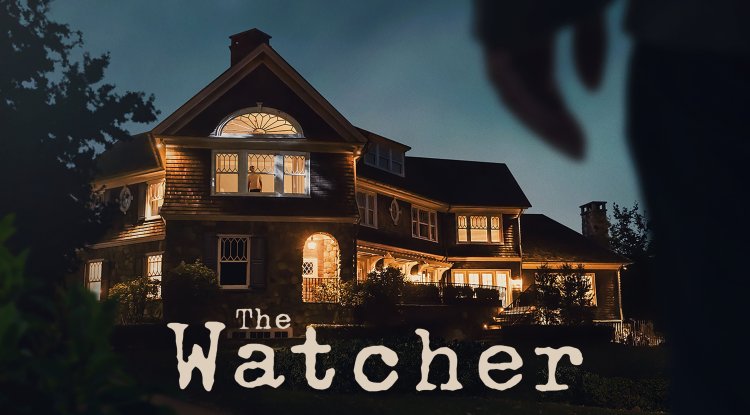The stars of the movie "Romeo and Juliet" sued the studio
A nude scene from 55 years ago could bring them $500 million.

The players claim that director Franco Zeffirelli convinced them that they "had no choice but to act naked," causing them "emotional trauma and psychological agony for decades."
According to British Sky, two stars from the 1968 version of " Romeo and Juliet " have decided to sue the company for more than $500 million dollars over a nude scene in the film that was shot when they were teenagers.
The complaint was launched by British actress Olivia Hussey, then 15, now 71, and Leonard Whiting, then 16, now 72, against Paramount Pictures, alleging sexual assault, harassment, and fraud.
According to the lawsuit, director Franco Zeffirelli, who died in 2019, first promised the teenage performers that they would wear flesh-colored underwear in a bedroom scene taken in the closing days of filming.
According to the lawsuit, on the morning of the shoot, Zeffirelli informed the couple that they would only be wearing body cosmetics while assuring them that the camera would be positioned in such a way that nudity would not be visible.
Nonetheless, the lawsuit claims that they were filmed naked without their knowledge, in violation of California and federal statutes prohibiting child indecency and exploitation.
According to the lawsuit, Zeffirelli informed them they had to perform naked "or the movie will fail" and their careers would be wrecked.
"They believed they had no alternative but to appear naked with body makeup as required," the actors said.
During the sequence, we see Whiting's naked bottom and Hussey's exposed breasts.
The film and its theme song were great blockbusters at the time, and it has since been presented to generations of Shakespeare students.
According to the court petition, Hussey and Whiting suffered decades of mental and psychological agony, and their careers did not reflect the film's popularity.
It claims that the performers are entitled to more than $500 million in damages because of the film's misery and revenue since its premiere.
The case has yet to be addressed by Paramount Pictures.
It was filed under a California law that temporarily suspends the statute of limitations for child sexual assault, sparking a flood of new claims and reviving many others that had been rejected previously.
Post by Bryan C.




























